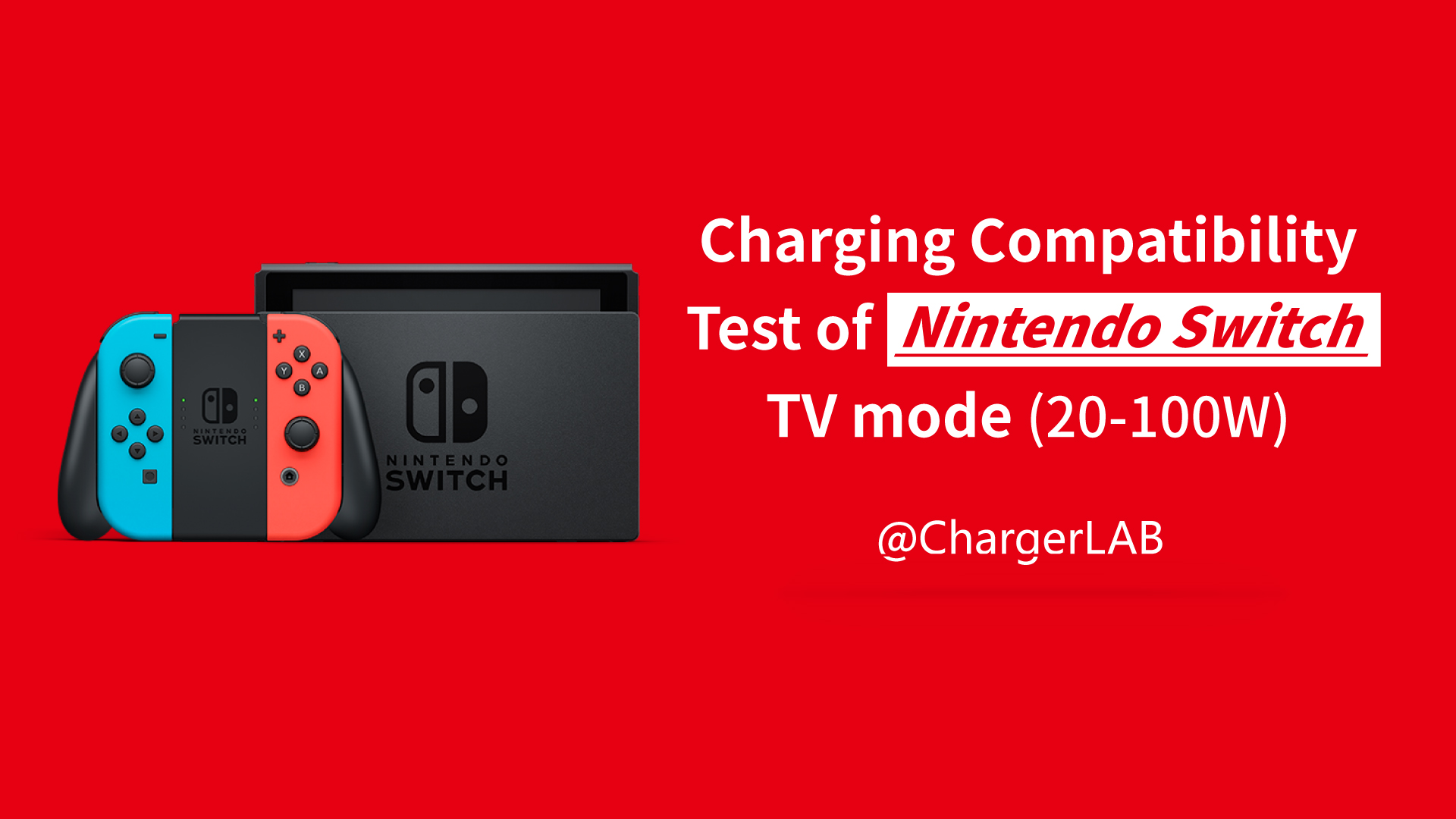Differences in Digital Game Libraries on Xbox and PlayStation Stores
The Xbox Store and PlayStation Store are the primary digital distribution platforms for downloading games on Microsoft and Sony’s respective consoles. However, what many gamers may not realize is that purchases made through one store are not compatible with the other console. If you buy a digital copy of a game on the PlayStation Store, you will only be able to play it on PlayStation systems and not Xbox. The same applies in reverse - games bought digitally on the Xbox platform are locked to Xbox consoles only. This is because the stores operate completely independently from each other as separate digital storefronts. Microsoft and Sony do not have any agreements in place to allow shared usage of games across platforms. Each company wants players invested in their own ecosystem to drive further hardware sales and in-platform spending. As a result, your game library is tied specifically to the store you make purchases from.

Potential for Physical Disc Exchanges Between Consoles
One potential workaround is to purchase games as physical discs rather than digital downloads. Some retailers may facilitate exchanges where you can trade in a disc version of a game for the same title on the other console. For example, swapping a PlayStation 4 disc of Grand Theft Auto V for the Xbox One version. However, such exchanges are at the sole discretion of the individual store and their return policies. There is no universal policy that guarantees the ability to swap discs between PlayStation and Xbox. Availability also depends on having the other console version in stock. Furthermore, exchanging also means re-purchasing rather than a direct digital transfer of your existing game license. It’s an imperfect solution that is really only viable for select major multiplatform titles, and not a reliable method overall. The end result is your games are still tied to the console version you initially bought.
Technical Challenges of Porting Games Between Platforms
In theory, it is technologically possible for games to be ported from one platform to another if a developer puts in the effort. Popular franchises like Halo or God of War could potentially be rebuilt to run on PlayStation or Xbox hardware given enough time and resources. However, the reality is far more complicated due to significant technical hurdles. Games are built from the ground up to leverage the unique architectures and functionality of their target platform. Porting a title to a new console requires an extensive review and rewrite of the underlying codebase. Everything from graphics rendering to controller inputs need to be adapted and re-engineered for compatibility. Testing and debugging the ported version is also a long and intensive process. As a result, most multiplatform releases are developed concurrently on all systems rather than as after-the-fact ports. The workload makes switching platforms an unrealistic option for all but the biggest blockbuster franchises.
First-Party Console Exclusives Will Remain Locked to Their Platform
A notable exception are first-party exclusive games published by Microsoft and Sony for their own consoles. Titles in flagship franchises like Halo, Forza, God of War, and Spider-Man were either developed or funded directly by the platform holders. These companies have vested interests in using exclusive games to promote hardware sales and subscriber retention on their respective platforms. As a result, you will almost never see a first-party exclusive break away from the console it was designed for. Microsoft and Sony spend billions acquiring game studios and funding exclusives with the goal of attracting players to Xbox and PlayStation. Allowing their top titles to port elsewhere would undermine the consoles’ unique selling points. Even highly anticipated sequels are usually locked permanently to their originating platform. Unless ownership changes hands between the companies, dedicated exclusives will remain exclusive properties promoting their parent console.
Emulators - A Gray Area Solution for Cross-Platform Play
One way for determined players to access exclusive games across platforms is through emulation software. Emulators are programs that mimic the functionality of game consoles through software on PCs and other systems. This allows running applications originally built for other hardware on alternative devices. In theory, emulators could provide a way to play PlayStation exclusives on Xbox systems or vice versa. However, their use resides in a legal gray area, as both console manufacturers strictly prohibit emulating their platforms. Emulators also require obtaining game ROM files, which would necessitate pirating copyrighted software. While emulation enables a type of cross-compatibility, it comes with legal compliance issues that discourage widespread, casual use. As such, emulators can only provide a partial workaround rather than a fully sanctioned solution.
Differences in Hardware Technical Specifications
Beyond just software architecture, there are also inherent hardware differences between game consoles. Xbox and PlayStation systems are built with divergent components optimized for their own experiences. Variances in CPUs, GPUs, memory allotment, and other core specs mean a title designed around one platform’s capabilities may not map cleanly or perform identically on another. Additional engineering effort would be required even beyond a code port just to optimize game assets, levels of detail, and effects for the target hardware. The work compounds the already substantial workload of a standard port. These technical disparities reinforce why developing natively for multiple systems simultaneously tends to be preferable to belated cross-platform moves whenever possible. Hardware disparities introduce their own compliance challenges on top of rewritten code.
Online Services and Network Infrastructures Are Unique to Each Console
Beyond the consoles and games themselves, the online networks that support online modes, achievements/trophies, digital storefronts, and subscription services are custom-built for PlayStation and Xbox separately. Each platform uses its exclusive infrastructure with distinguished sign-in methods, friends lists, matchmaking systems, and more. Interfacing a game originally built around one network architecture to work transparently on another would require substantial re-engineering of online features. The effort far exceeds swapping code or assets, and impacts live services long after release. Seamlessly migrating multiplayer games or digital downloads between PlayStation Plus and Xbox Live in particular presents immense technical roadblocks. While cross-platform play between consoles is starting to emerge for some titles, full library compatibility remains unfeasible given differing networks at each company.
Conclusion - Looking Towards Increased Cross-Platform Functionality in the Future
In summary, there exists no direct or universal way to transfer game licenses or libraries purchased digitally on the PlayStation Store to an Xbox system, or vice versa. While physical media exchanges may offer a chance at access on another device, swapping discs cannot guarantee compatibility. The underlying incompatibilities between console architectures, exclusive titles, digital storefronts, online services, and business models of each company make seamless transfers infeasible given current technologies and industry partnerships. However, as cross-play becomes more common between Xbox, PlayStation, Switch and PC, there may be promising signs that exclusive walls will gradually come down. Innovations like cloud gaming services could help blur platform lines and allow shared access to libraries anytime, anywhere. Only time will tell if technical and commercial partnerships advance to a point making complete cross-compatibility between platforms a reality for gamers worldwide invested across ecosystems. For now, dedicated exclusives remain the strategic norm keeping players invested in their preferred device of choice.
 Charging Compatibility Between the Nintendo Switch and iPad
Charging Compatibility Between the Nintendo Switch and iPad